I’m Not Tired, I’m Empty in Ways I Didn’t Know
For years, I believed I was managing just fine. Yes, long workdays, packed calendars, late night flights, ending stream of emails…I wore it like a badge of honour. After all, isn’t that what leadership demanded?
While you go through the motions, show up to meetings, respond to messages, the body feels fine on paper, yet something inside still feels off. You sleep at night but wake up feeling no more rested than the night before.
I’ve experienced this quietly, not in a dramatic or alarming way, but as a slow fading of energy, clarity, and emotional ease. In recent months, I’ve learnt what “rest” actually means…not just in terms of sleep or stepping away from work, but something deeper…something that brings back a sense of wholeness.
Physical Rest: It Is More Than Sleep
For a long time, I assumed that if I could just get a good 7–8 hours of sleep, I’d be fine. But there were mornings I woke up just as tired as I’d gone to bed. That’s when it dawned on me that sleep and rest aren’t the same.
Rest, as I’ve come to experience it, is about recovery, not just physical, but emotional and mental as well. It’s what happens when the mind is no longer fighting itself, when the body doesn’t feel like it has to push through, and when there’s space for silence.
Sometimes, that means a walk instead of a workout. Other times, it means simply lying down in a quiet room, without reaching for a phone or a screen.
Mental Rest: The Mind Needs a Break Too
We often underestimate how much our thoughts wear us down. There’s the constant decision-making, the “what ifs,” the replays of conversations, the mental list of things we should be doing. Even when the body is still, the mind keeps racing.
I’ve started making time during the day to pause, not to do anything in particular, but just to stop. No screens. No agenda. Just a few minutes to look out of the window or sit quietly with a cup of tea. I don’t try to “meditate” in any formal way. I just let my thoughts settle, like dust in still air.
And slowly, those few moments have helped clear the mental fog more than any productivity hack ever could.
Emotional Rest: Letting Go of the Need to Be “On”
This one took me a while to notice.
As someone used to being in charge or holding things together for others, I’d unconsciously slipped into a habit of always being composed, always having an answer, always staying strong. It can be exhausting, even if you don’t realize it in the moment.
Emotional rest, for me, meant giving myself permission to not be okay all the time. To step back. To say, “I don’t have the energy for this today,” and to not feel guilty about it. It also meant opening up to someone I trust, even if just to say, “It’s been a bit much lately.”
Sometimes, rest isn’t about isolation, it’s about being able to be yourself, without a mask.
Creative Rest: Rekindling Joy for Its Own Sake
This was a surprising one.
I hadn’t realized how much my days had become transactional…task, deadline, meeting, result. Even hobbies had started to feel like items on a list. Somewhere along the way, the joy of doing something just for the sake of it had disappeared.
Recently, I’ve started writing again. Not for work, not for a goal, just for the simple pleasure of putting words on a page. And that small shift brought back a kind of lightness I hadn’t felt in a while.
Creative rest doesn’t always mean art or music. It could be arranging your workspace differently, cooking a new dish, reading a poem, or watching the rain without trying to “use” the time. It’s about wonder. And wonder heals.
Spiritual Rest: The Deep Rest That Comes From Meaning
There’s a kind of rest that doesn’t come from doing less, but from reconnecting with what matters.
When the mind is anxious or the body feels unsettled, I’ve found it grounding to ask: What am I really here for? What gives my day meaning? What connects me to something larger than myself?
Whether it’s a walk in nature, a moment of prayer, a quiet reflection, or even a deep conversation, this kind of rest isn’t about escape…it’s about alignment. It reminds me that I’m more than my to-do list, more than my current challenges. That kind of rest doesn’t just soothe you. It strengthens you.
A Restful Mind is a Healing Mind
As I explored these different kinds of rest…physical, mental, emotional, creative, and spiritual, I began to notice a quiet thread running through all of them: the role of the mind. Not just in needing rest, but in shaping how we experience it.
There’s often a tendency to dismiss positivity as something shallow or naive. I used to think of it as a personality trait, something you either had or didn’t. But now I’ve come to see it differently. Positivity, I now realise, is a practice. One that gently changes the way we carry our stress, our fatigue, even our pain.
When the mind constantly anticipates the worst, the body responds in kind; with tension, fatigue, and over time, even illness. But when you begin to steer your thoughts, slowly and deliberately, towards calm, hope, and gratitude… something begins to soften. A little space opens up. And healing, quietly, begins.
Science supports this too…showing how our mental outlook can influence everything from recovery and immunity to how we respond to treatment. But beyond the research, I’ve felt it firsthand.
The days I chose gratitude over complaint, faith over fear, calm over panic, those were the days I felt more alive again. Not because everything was perfect, but because my mind had stopped resisting and started releasing.
So if you’ve been feeling tired, foggy, unwell, or simply not quite yourself…don’t try to fix everything all at once. Just pause. Ask yourself not “What’s next?” but “What’s needed right now?”
And if the answer is rest, honour it. Let your mind slow down.
And gently, choose thoughts that heal, rather than harm.

